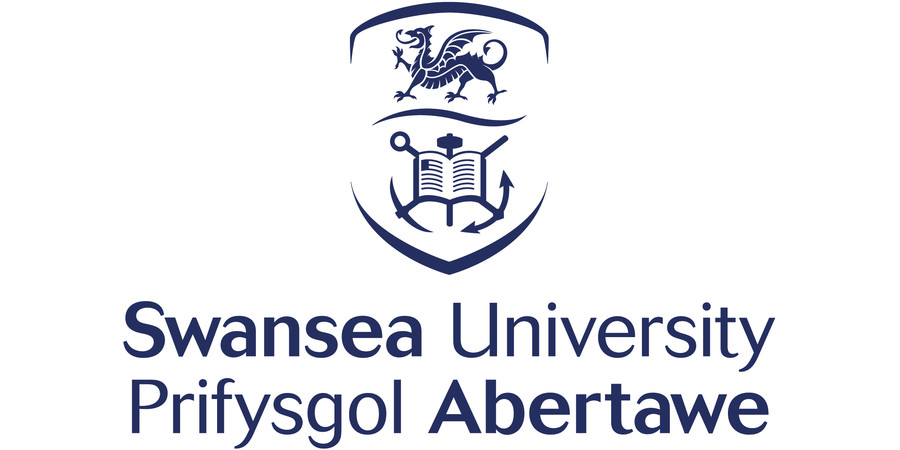PhD Studentship: Population and Health Data Science: Fully Funded ESRC Wales Graduate School for the Social Sciences Studentship in the Data Science, Health and Wellbeing Pathway
Swansea University - Population and Health Data Science
| Qualification Type: | PhD |
|---|---|
| Location: | Swansea |
| Funding for: | EU Students, International Students, Self-funded Students, UK Students |
| Funding amount: | £19,237 p.a. |
| Hours: | Full Time |
| Placed On: | 25th October 2024 |
|---|---|
| Closes: | 11th December 2024 |
Funding providers: ESRC WGSSS and Swansea University
Subject areas: Data Science, Health and Wellbeing
Project description:
The pathway combines observational, descriptive, and trials-based methods with large population-scale datasets to provide evidence on society's most pressing health challenges. Research informs evidence-based policy making to support people to make healthy lifestyle choices and/or to live better with illness and disability. More specifically, it examines the built and social environment and the impact that these have on multiple health and/or social outcomes. For example, a project may characterise the housing or school travel environment, and investigate the impact on injuries, mental health and educational outcomes; or shifting ageing and family-size demographics in relation to the epidemiology of chronic health conditions to address the pressing issue of the ‘care -gap’. Projects may use a range of methodologies, from observational to computational and population-level modelling. Such projects and associated methods are made possible through the linkage of administrative and health data, increasing demand for suitably qualified doctoral researchers capable of applying a mix of methods to complex social science problems. If your application requires the use of data from the SAIL Databank you must register your proposed project with the SAIL Scoping team here: https://saildatabank.com/data/apply-to-work-with-the-data/. This scoping must be undertaken before you submit your application.
Eligibility
To receive ESRC studentship funding, you must have qualifications or experience equal to an honours degree at a first or upper second-class level, or a masters from a UK academic research organisation.
Students with non-traditional academic backgrounds are also welcome to apply.
WGSSS studentships are available to home and international students. Up to 30% of our cohort can comprise international students. International students will not be charged the fee difference between the UK and international rate. Applicants should satisfy the UKRI eligibility requirements.
The WGSSS is committed to supporting and promoting equality and diversity and to creating an inclusive environment for all. We welcome applications from all members of the global community irrespective of age, disability, sex, gender identity, gender reassignment, marital or civil partnership status, pregnancy or maternity, race, religion or belief and sexual orientation.
English Language: IELTS 6.5 Overall (with no individual component below 6.5) or Swansea University recognised equivalent.
Funding Details
Additional Funding Information
The studentship funded by the ESRC covers tuition fees and an annual tax-free living stipend in line with UKRI minimum rates (currently £19,237 for 2024/25).
If you have a disability, you may be entitled to a Disabled Students’ Allowance (DSA) on top of your studentship.
Students also have access to a Research Training Support Grant, worth up to £940 per year.
Advert information
Type / Role:
Subject Area(s):
Location(s):









